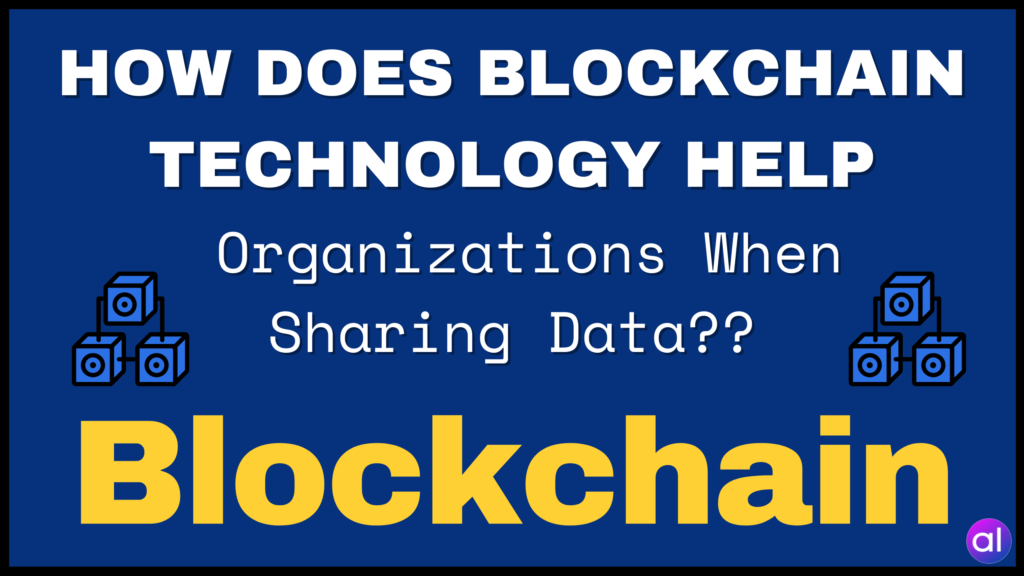Blockchain technology has made significant strides since its inception in 2009, evolving from a niche concept to a prominent player in the tech industry. While artificial intelligence (AI) has dominated the spotlight in recent years, the automotive sector is poised to witness a surge in blockchain adoption and innovation.
According to a recent report by Global Market Insights, the automotive blockchain industry is projected to experience substantial growth in market capitalization, driven by increasing adoption rates and technological advancements.
Currently valued at over $550 million in 2023, the industry is forecasted to reach $4.1 billion by 2032, reflecting a remarkable compound annual growth rate (CAGR) of 25% over an eight-year period. This growth is fueled by a variety of market trends and factors.
The report highlights the use of blockchain technology to enhance supply chain efficiency as a key driver of market expansion. Companies are leveraging blockchain for real-time tracking and vehicle authentication, ensuring the authenticity of parts and combating counterfeiting.
One such example is BMW, a leading German car manufacturer, utilizing blockchain to trace the cobalt in its electric vehicle batteries from mining to final assembly. The transparency and immutability of blockchain have played a crucial role in ensuring compliance and building trust among stakeholders.
Toyota has also embraced blockchain technology to track spare parts, achieving success in streamlining operations and laying the groundwork for future supply chain enhancements. The report predicts a surge in the adoption of smart contracts to streamline transactions and eliminate intermediaries, thereby improving efficiency and transparency.
“These smart contracts reduce administrative costs and enhance transaction speed and transparency by automating payment settlements based on predefined conditions,” the report states.
The mobility sector is expected to drive significant growth, with commercial mobility leading the charge. Advancements in smart city initiatives could potentially contribute up to $2 billion to the sector by 2032.
Regional Disparities
The report highlights North America, particularly the U.S., as the dominant player in the industry, commanding a market share of nearly 35%. The region’s leadership can be attributed to consistent investments from institutional backers, progressive policies, and regulatory support compared to other regions.
In Asia, China’s automotive industry is making significant strides in supply chain management and smart contract utilization, propelling the region to second place. Japan, with companies like Toyota, Honda, and Nissan, is also actively contributing to the growth of the blockchain ecosystem.
Watch: Exploring the Practical Applications of Blockchain Technology



